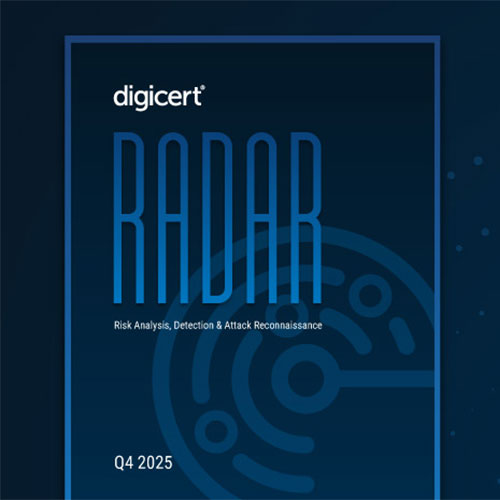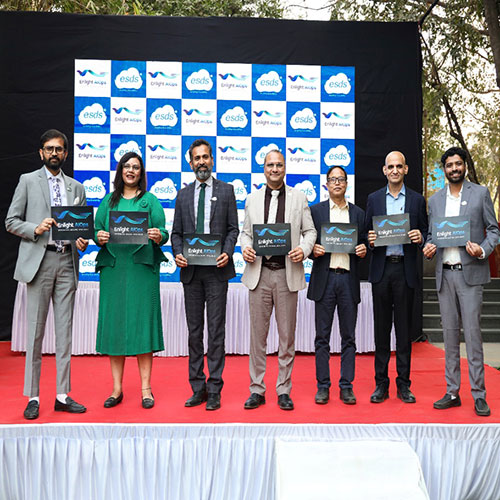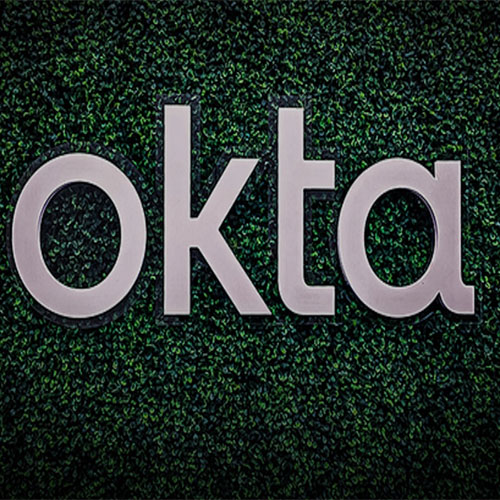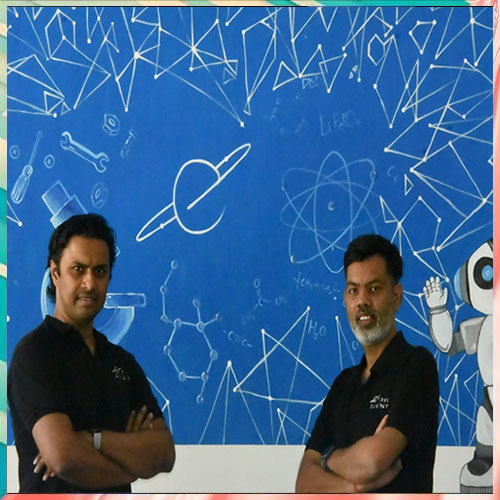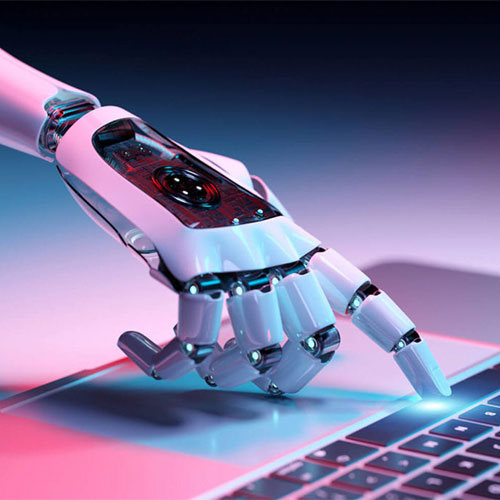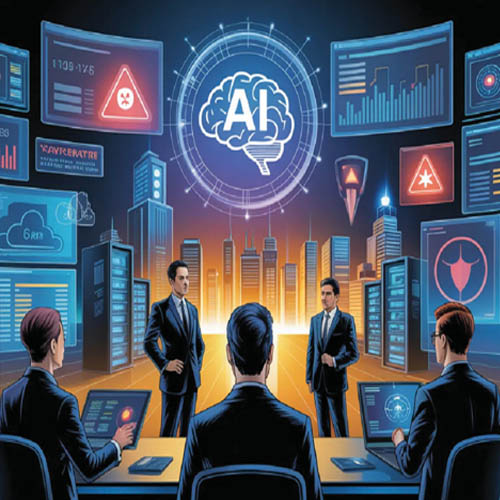
OpenAI’s Deep Research Agent represents a significant leap in AI capabilities, signaling a new era where white-collar jobs face increasing automation. This advanced agent is designed to perform complex office tasks, transforming how businesses operate and raising questions about the future of knowledge-based work.
The Deep Research Agent is part of a new wave of sophisticated AI systems capable of handling tasks traditionally performed by human professionals. Unlike earlier AI models focused on basic data processing, this agent can analyze research papers, summarize reports, and interpret complex information. Its ability to handle multistep workflows makes it a powerful tool for industries that rely heavily on data analysis and knowledge synthesis.
This AI advancement poses both opportunities and challenges for white-collar workers. Routine tasks such as data entry, report generation, and research analysis could be fully automated, increasing efficiency while reducing human labor. Jobs in law, finance, healthcare, and consulting—which require data interpretation and decision-making—are particularly vulnerable to this disruption.
For businesses, the Deep Research Agent offers the potential to cut costs and enhance productivity. Tasks that previously required hours of human work can now be completed in minutes, allowing companies to streamline operations and reallocate human talent toward higher-value activities like strategic planning and client engagement.
The rise of AI-driven automation raises ethical and regulatory concerns. Job displacement, data privacy, and algorithmic bias are critical issues requiring careful oversight. Businesses adopting AI agents must ensure transparency and accountability, especially when dealing with sensitive information.
Rather than replacing humans entirely, the Deep Research Agent could enable a collaborative model where AI handles routine tasks, while humans focus on creative and strategic work. This hybrid approach could increase job satisfaction by removing repetitive tasks and allowing professionals to engage in more meaningful responsibilities.
The arrival of OpenAI’s Deep Research Agent signals a shift toward a more automated workplace, with profound implications for white-collar employment. As AI models grow more advanced, continuous learning and adaptability will become crucial for workers to stay relevant in an increasingly AI-driven economy.
OpenAI’s Deep Research Agent is more than just a technological breakthrough—it represents a transformative force reshaping white-collar work. While it promises greater efficiency and innovation, it also raises significant ethical and societal questions. Organizations must prepare for a future where human expertise and AI intelligence work hand in hand to redefine the modern workplace.
See What’s Next in Tech With the Fast Forward Newsletter
Tweets From @varindiamag
Nothing to see here - yet
When they Tweet, their Tweets will show up here.







